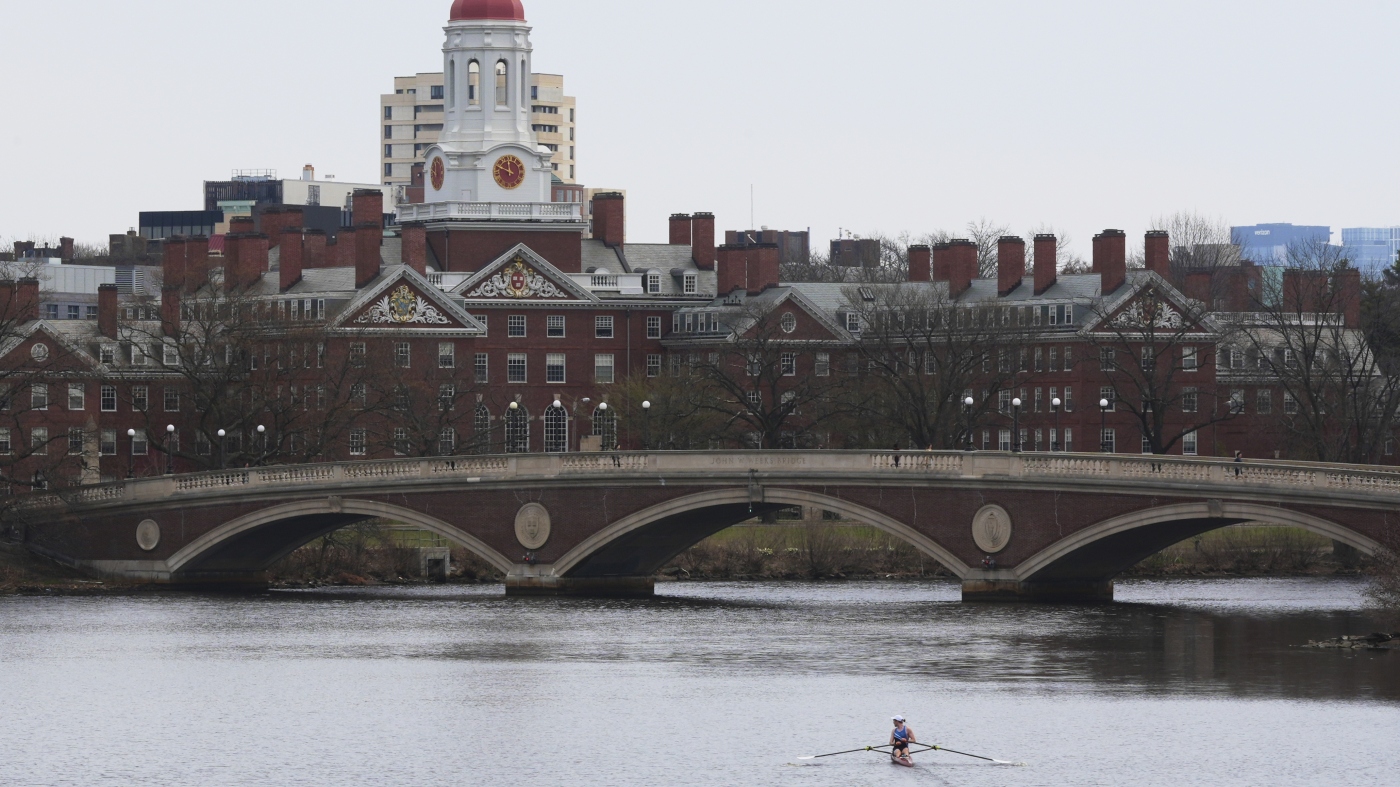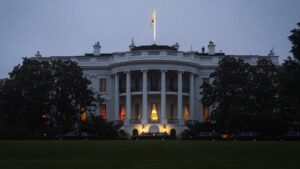Harvard University Takes Steps to Address Antisemitism and Anti-Arab Prejudice
In light of recent reports on antisemitism and anti-Arab prejudice, Harvard University has committed to reviewing its academic offerings and admissions policies. This decision follows internal investigations commissioned after last year’s pro-Palestinian protests.
On Tuesday, Harvard publicly released these reports as it finds itself in a legal battle with the Trump administration. The administration has demanded reforms to curb campus antisemitism, temporarily freezing $2.2 billion in federal funding in the process. Harvard has responded by filing a lawsuit, setting the stage for a highly scrutinized conflict in higher education.
Harvard President Alan Garber highlighted ongoing efforts to foster a welcoming environment for diverse perspectives, stating, “We will redouble our efforts to ensure that the University is a place where ideas are welcomed, entertained and contested in the spirit of seeking truth.”
Two panels were convened last year to study antisemitism and anti-Muslim bias on campus, leading to more than 500 pages of recommendations. Harvard plans to implement several of these suggestions, potentially modifying admissions, hiring, and disciplinary systems.
U.S. Rep. Tim Walberg criticized Harvard’s past handling of antisemitism, saying, “Harvard’s president said the school will not abide bigotry, yet that’s exactly what the school’s feckless leadership did.”
Harvard’s “actions and commitments” include reviewing admissions procedures to ensure applicants are assessed on their ability to engage constructively and participate in civil discourse. This involves a new application question probing students’ experiences of disagreement.
Despite these initiatives, Harvard’s measures may not satisfy the Trump administration’s demands to abolish preferences based on race or related factors, advocating instead for “merit-based” policies by August. The Supreme Court has ruled against the use of race in admissions, yet many institutions consider socioeconomic and geographic factors to cultivate diversity.
In response to concerns about potential politicization and anti-Israel bias in teaching, Harvard pledged to enforce standards of “excellence” among faculty. Deans will ensure academic openness and prevent faculty from endorsing political stances that might pressure students.
Curricular changes, antisemitism training, and expanded offerings in Hebrew, Judaic, Arab, and Islamic studies are among the planned changes. Harvard also intends to fund a research project on antisemitism and a historical study of Muslims, Arabs, and Palestinians at the university.
Garber emphasized a commitment to fostering viewpoint diversity across the campus, a priority also highlighted by the White House. The administration has urged Harvard to employ an external auditor to evaluate the diversity of perspectives among students and faculty.
Harvard’s actions represent a direct challenge to the Trump administration’s efforts to leverage federal funding to enforce political objectives. The administration claims universities have inadequately addressed antisemitism, especially at recent campus protests. Garber, however, has resisted these demands, citing a threat to academic freedom and university autonomy.
This article was originally written by www.npr.org






